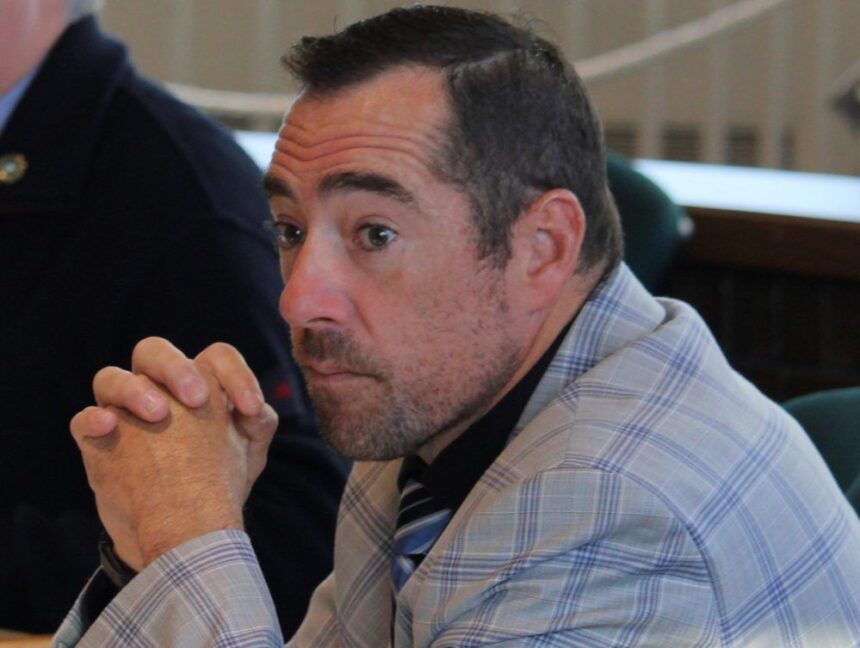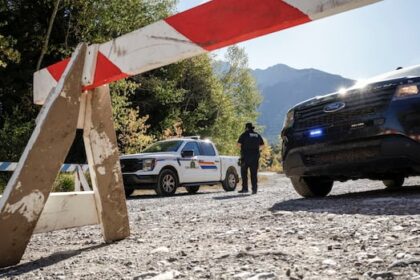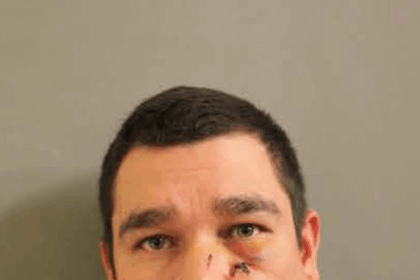Article content“I think everyone would agree that if they had to do it over, they would have done it in a different way, with better advanced public education around it,” Clarke said. “But the federal government’s been very clear: They’re implementing this across Canada, and they were willing to put the resources in.”Article contentClarke said he did receive a call from Anandasangaree “to assure me that any additional costs would be covered by the Government of Canada, and that he recognized this was causing some angst in the community,” the mayor said.Article content“If the opportunity was to do it over again, it would be done on the basis of better public communication. I think it’s more than just an issue of PR; it’s a public policy issue over firearms, which is very hotly contested, and one that I respect. But the jurisdiction is not one that I have as mayor.”Article contentHOTLY CONTESTED DEBATEArticle contentThe CBRM was one of only three municipalities nationwide who agreed to take part of the Assault-Style Firearms Compensation Program, with the municipality’s regional police service offering to take on testing the program ahead of the national rollout later this fall.Article contentArticle contentWhy Cape Breton was chosen has spurred a hotly contested debate between program opponents, who claim the move was politically motivated, and the regional police chief, who defends it came from talks directly with the federal Public Safety department and its minister.Article content Glenn Paruch, CBRM’s board of police commissioners chair: “At the end of the day, it fits in (police chief Robert) Walsh’s mandate for day-to-day operations.” Photo by IAN NATHANSON/CAPE BRETON POSTArticle contentBut Glenn Paruch, chair of the CBRM’s board of police commissioners, said the decision didn’t necessarily require board approval.Article content“Not only did it not come to the police commission, but the mayor wasn’t aware of it either,” said Paruch, who is also the CBRM’s District 6 councillor. “I’ve spoken to chief Walsh about it, and there’s nothing in it that required him to come tell us.Article content“I knew he was going to Ottawa, but I didn’t know the premise behind it all.”Article content‘DIDN’T NEED US’Article contentParuch said it wouldn’t have really mattered whether or not the police chief brought the matter up before the board of police commissioners.Article contentArticle content“In hindsight, if he would have brought it to commission, or if he would have let the mayor know, would it have had a different spin? I don’t know,” Paruch said.Article content The federal government is testing out its buyback program targeting prohibited firearms as part of a six-week pilot, with assistance from the Cape Breton Regional Police Service. Photo by THOMAS TUCKER/UNSPLASHArticle content“But when it comes to this, he can deal directly with the Public Safety minister. And through these meetings, the minister said that they’re going to have every resource available for him to help roll this out, so he has their full support.Article content“They didn’t really (need) us to approve this.”Article contentRegardless, Paruch said while the program has left him with many questions as to how this program would work post-pilot, he is putting his trust in Walsh and the Cape Breton Regional Police Service to ensure the six-week test run is successful.Article content“At the end of the day, it fits in chief Walsh’s mandate for day-to-day operations,” Paruch said.Article content“It’s not like some people originally thought: did he circumvent the rules? No, a man like that plays by the rules, dots the i’s cross the t’s. So this is something that is perfectly within his jurisdiction.”Article content
Federal gun buyback pilot ‘outside of council jurisdiction’











